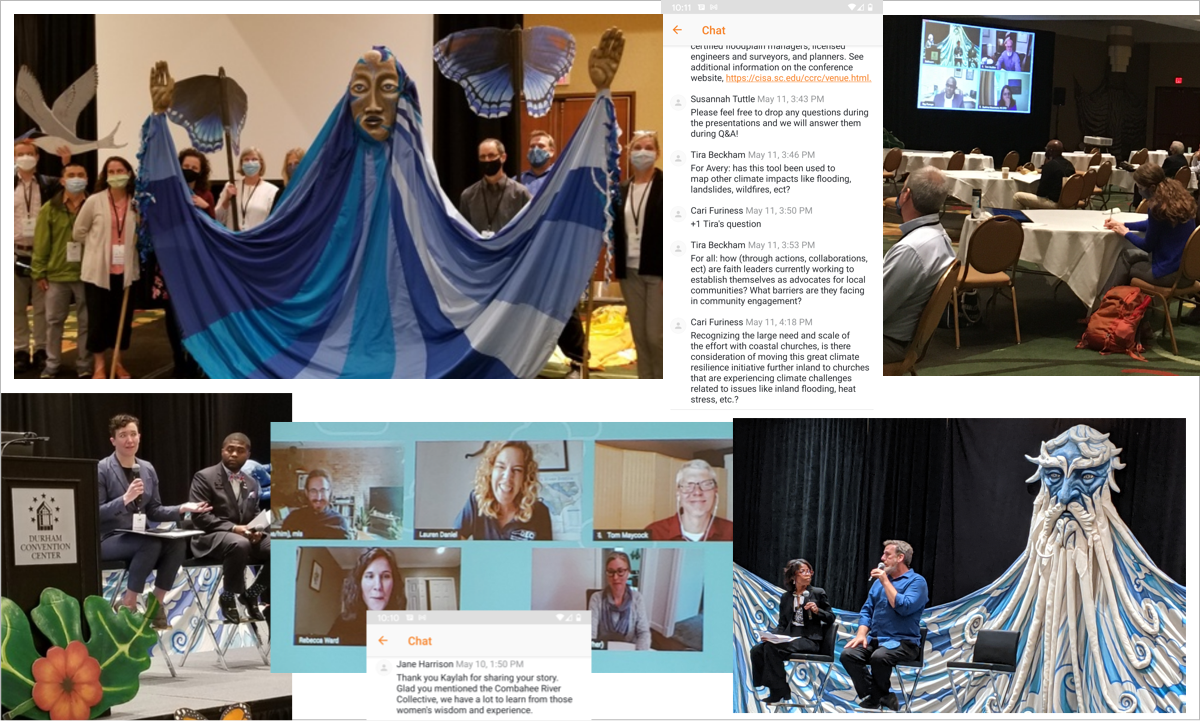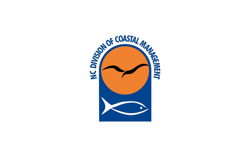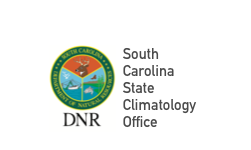Carolinas Climate Resilience Conference
Hybrid Event
In-Person at the Durham Convention Center, Durham, NC
—and— Virtually via Socio
→ May 10–12, 2021 ←
PDF of Final Conference Report
Why a Climate Resilience Conference?
The impacts of extreme weather events and evidence of climate change are continuing to grow. So too is our understanding of the challenges we face, collectively, in adapting to these changes. Building resilience — the ability to adjust easily to or recover from a stress or change — is an important step in preparing to successfully address current and future pressures.
In its fourth convening, the Carolinas Climate Resilience Conference provided a place to share experiences and knowledge about opportunities, resources, and local initiatives across a range of professions and regional experts. Although research findings were shared, this conference was created to foster real-world solutions to climate adaptation in the Carolinas./p>
Accomplishments of the CCRC
- Supports on-the-ground climate resilience efforts by providing managers and regional experts with an opportunity to share lessons learned and discuss resources and tools for incorporating climate information into their work.
- Contributes to the development of a climate information network for the Carolinas.
- Provides a venue for practitioners, resource people, and researchers to share information about current activities, plans, and opportunities for collaboration.
Who Attends the CCRC?
- Community leaders
- Engineers
- Extension agents
- Faith-based groups
- Government (local, state, tribal, federal) agency personnel
- NGOs
- Planners
- Policy makers
- Private sector
- Researchers
- Resource managers
- Scientists
Scenes from the 2021 CCRC

About CISA
The Carolinas Integrated Sciences and Assessments (CISA; pronounced “SEE-sah”) is one of eleven NOAA-funded Regional Integrated Sciences and Assessments (RISA) teams working to integrate climate science into decision-making processes. CISA researchers, collaborating investigators, and graduate students conduct applied climate research in collaboration with a wide range of stakeholders across the Carolinas.
CISA's work includes several cross-cutting activities that seek to advance scientific understanding of climate and hydrological processes in the Carolinas, improve the assessment of climate-related vulnerabilities and impacts, and provide timely and relevant information and tools for decision makers.



























